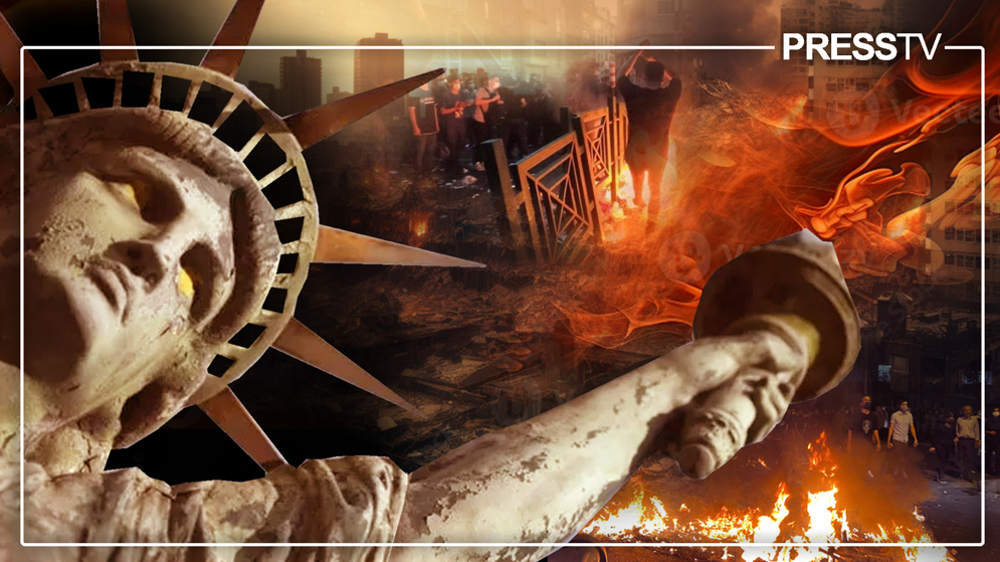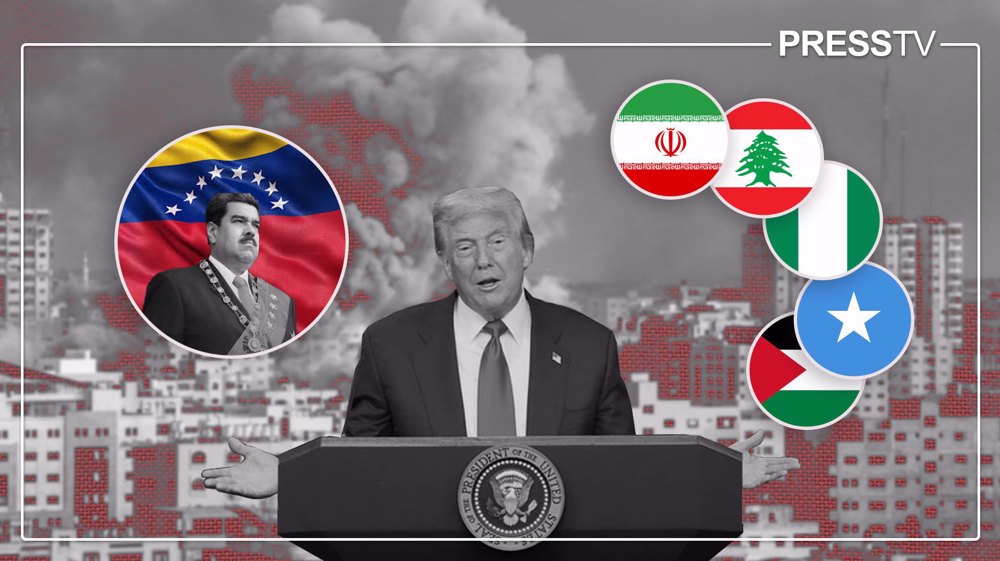Is Northern Ireland heading back to the future?
By John Wight
(John Wight is an author and political commentator based in Scotland.)
Martyred leading light of the 1916 Easter Rising in Dublin, James Connolly, predicted way back in 1914 that the partition of the island of Ireland would “mean a carnival of reaction both North and South.” Connolly has been proved right.
With regard to Southern Ireland, the Irish Republic, that carnival of reaction lasted over the decades in which the Catholic Church held the reins of political and social control in all but name. Those days are in the past, however, and the Irish Republic has long since embraced modernity with all its costs and benefits under a free market economic system that is the economic version of Charles Darwin’s ‘survival of the fittest’ theory of evolution.
Moving across the border to the North of Ireland, the six county statelet that remains under London rule to this day, the current trajectory is back to the future after over a week of violence and disorder in loyalist parts of Belfast. Scores of police officers have been injured and with no sign of calm returning to the city soon, the British Army has deployed the SAS to the province for the first time since the Troubles, fearing the prospect of a return to the paramilitary violence that blighted this part of the world over three bloody decades of conflict from the late sixties to the early nineties.
The proximate cause of this return to violence in the North of Ireland is Brexit. Far from unleashing the UK from the dastardly clutches of Brussels and the EU, Brexit marks a desperate attempt to reassert the country’s white colonial identity in an evermore multicultural, multi-religious and interconnected world. It is the rejection of this reality and the embrace of the official myths propagated by the country’s ruling establishment around Britain’s historical role in the world and its national heroes, such as Winston Churchill.
Rather than barbarism the aforementioned represents, said establishment has attempted to ascribe a nobility to this role and those national heroes. It is a narrative which flies in the face of the unalloyed truth that the British Empire and colonialism were tantamount to organised crime on a grand scale. Indeed, that Queen Victoria sat at the apex of the largest and most profitable drugs cartel the world has ever known is indisputable. If you don’t believe me just ask the Chinese, victims of the British opium trade in the 19th century.
Other victims of this criminal enterprise, officially known as the British Empire, included the Iranian, Iraqi, Palestinian, Indian and of course Irish people among many others.
When it comes to the latter, the Irish Famine of the mid-19th century accounted for 1 million lives and compelled a further 2 million to migrate to a fate unknown, many of them on ‘coffin ships’ to North America. As with the Bengal Famine of 1943, during which 3 million starved to death, the response of the British government of the time was to let the victims starve. Moreover, as writer FaudAlakbarov reminds us: “When the British Empire turned their back on millions of Irish dying during the Great Famine, Muslim nations sent food relief.”
A nation that refuses or fails to learn the proper lessons from its history is doomed to remain a prisoner of it, and so it is today when it comes to the crimes of Britain. Partition in Ireland, India and Palestine has led to generations of suffering and oppression and it is the partition of the island of Ireland that is the contradiction Brexit has unlocked as these words are being written.
Ulster loyalism is, like Zionism, a species of white supremacy. Its embrace of a hyper-British identity and refusal to accede to the spirit of the Good Friday Agreement (GFA) – i.e. that people living in republican/Catholic communities should enjoy the same rights and parity of esteem with those living in loyalist/Protestant communities – has ensured that while the GFA has succeeded in maintaining an absence of conflict in the province, the reconciliation required to achieve a lasting peace has not been forthcoming. In truth, it will never be forthcoming as long as Ulster loyalism remains attached to a regressive sense of ascendancy and hegemony.
The GFA has engendered in loyalist and unionist communities a sense of being threatened by democracy and, with it, the slow but steady trajectory towards the eventual ending of partition and the onset of a united Ireland. It is this that is driving the current riots and violence in loyalist Belfast. Not only that, the wing of the Tory Party in Britain that has always viewed the GFA as tantamount to surrender to the Irish Republican Army (IRA) is the wing that is currently in power. Thus we have ourselves the very epitome of a perfect storm.
When petrol bombs take precedence over politics in a given society those in positions of power are obligated to show leadership. Unfortunately, in the North of Ireland political unionism is suffering a crisis of leadership, with those in position of political power lacking the willingness to do what needs to be done to address the grievances of those they purport to lead. Instead they have opted to exploit said grievances for their own ends and in the process sowing dragon’s teeth.
The danger is that in time petrol bombs will give way to bullets, plunging this small corner of Northern Europe back into the abyss of deadly conflict from which it only emerged last time after three decades.
The crimes of Britain are historical and they are current, and no amount of vacuous tripe about British values can deny that those values are the values of the morgue.
End.
(The views expressed in this article do not necessarily reflect those of Press TV.)
Defeated at war, enemy opens new front: Unpacking foreign-backed riots in Iran
VIDEO | Press TV's news headlines
Israel plans to expel Gaza Palestinians to Somaliland: Somali minister
Iran’s Constitutional Council urges police to act decisively against rioters, saboteurs
Iran recognizes rightful protests but stands firmly against terrorists: Parliament speaker
Thirty security forces killed in foreign-backed riots in Isfahan: Official
VIDEO | Kashmir condemns Iran riots, voices solidarity with Tehran
VIDEO | Seoul rallies target US imperialism in Gaza, Venezuela










 This makes it easy to access the Press TV website
This makes it easy to access the Press TV website